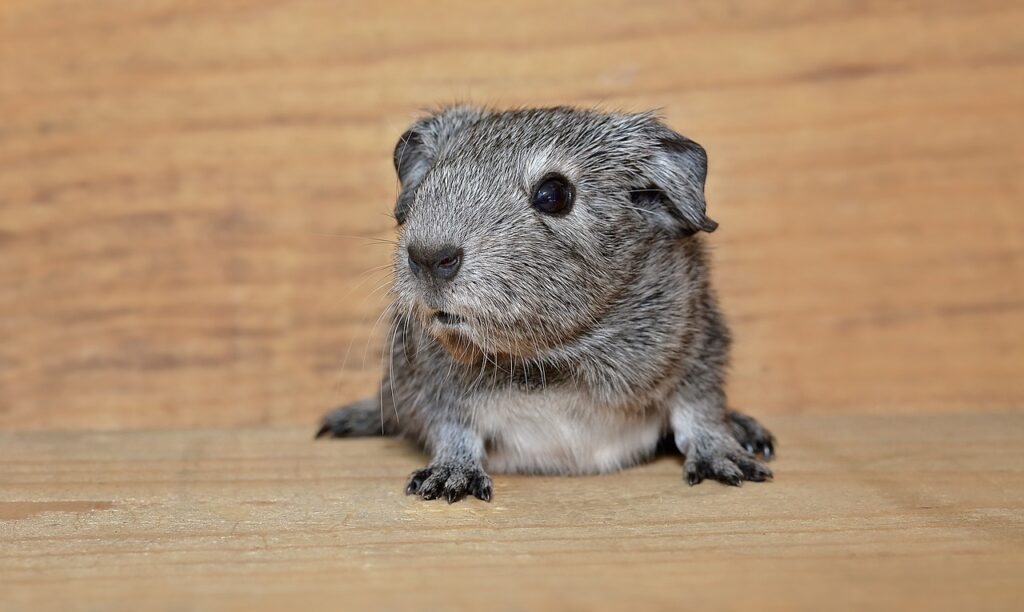Can Guinea Pigs Eat Melon? — A Comprehensive Guide
Guinea pigs, with their adorable squeaks and cuddly nature, are delightful pets to have. As responsible pet owners, it is crucial to ensure that we provide them with a balanced and nutritious diet. Today, we explore whether guinea pigs can indulge in the refreshing goodness of melon. Let’s dive into the world of these lovable rodents and shed light on the suitability of melon as a part of their diet.
The Health Boosts of Melon for Guinea Pigs
Guinea pigs thrive on a well-rounded diet containing a variety of fresh fruits and vegetables. When it comes to melon, the good news is that these little critters can indeed enjoy its benefits! Melons such as watermelon, cantaloupe, and honeydew are packed with essential vitamins and hydrating properties that can do wonders for your guinea pig’s overall well-being.
Abundant Nutrition
Melons are abundant in essential nutrients, making them a valuable addition to your guinea pig’s diet. They are rich in Vitamin C, which is vital for these small mammals as they cannot produce this vitamin on their own. Vitamin C strengthens their immune system, aids in better metabolism, and promotes the growth and repair of body tissues. Additionally, melons contain Vitamin A, which supports healthy vision and contributes to a robust immune system.
Hydration and Digestion
Guinea pigs require a high-fiber diet to maintain optimal digestion. Melons are an excellent source of water, which not only helps keep your pet hydrated but also aids in digestion. The natural sugars in melons can act as a mild laxative, promoting regular bowel movements and preventing constipation.
Recommended Frequency and Quantity
While guinea pigs can enjoy the benefits of melon, it is important to offer it in moderation. Fruits, including melon, should be considered as occasional treats rather than a staple diet. Aim to serve small, bite-sized pieces of melon as an occasional addition to your guinea pig’s daily diet, focusing primarily on hay, fresh leafy greens, and quality guinea pig pellets. A few chunks of melon every two to three days are generally sufficient to provide your furry friend with a refreshing treat.
Potential Cautions for Feeding Melon to Guinea Pigs
While melon offers several health benefits, certain precautions should be taken when feeding it to guinea pigs:
High Sugar Content
Melons, including watermelons and cantaloupes, have a high sugar content. Feeding excessive amounts of melon to your guinea pig can lead to weight gain, digestive issues, and even diabetes. Always remember to provide melon in moderation and monitor your pet’s reaction to ensure their well-being.
Sharing the Goodness — Can Other Pets Enjoy Melon?
If you have other furry companions in your household, such as rabbits, you may be wondering if they can safely enjoy melon alongside your guinea pig. The answer is yes. Rabbits can also benefit from the hydrating properties and nutritional value of melon. However, it is crucial to introduce any new food gradually and in moderation, as individual sensitivities may vary.
Conclusion
In conclusion, guinea pigs can indeed enjoy the juicy and refreshing melon, provided it is offered in moderation. Melons offer valuable health boosts, including essential vitamins and hydration, benefiting your guinea pig’s overall well-being. Remember to limit the quantity, monitor for any adverse reactions, and focus on a well-balanced diet. By offering melon as an occasional treat, you can delight your adorable guinea pig while ensuring their dietary needs are met responsibly.






